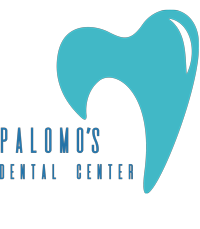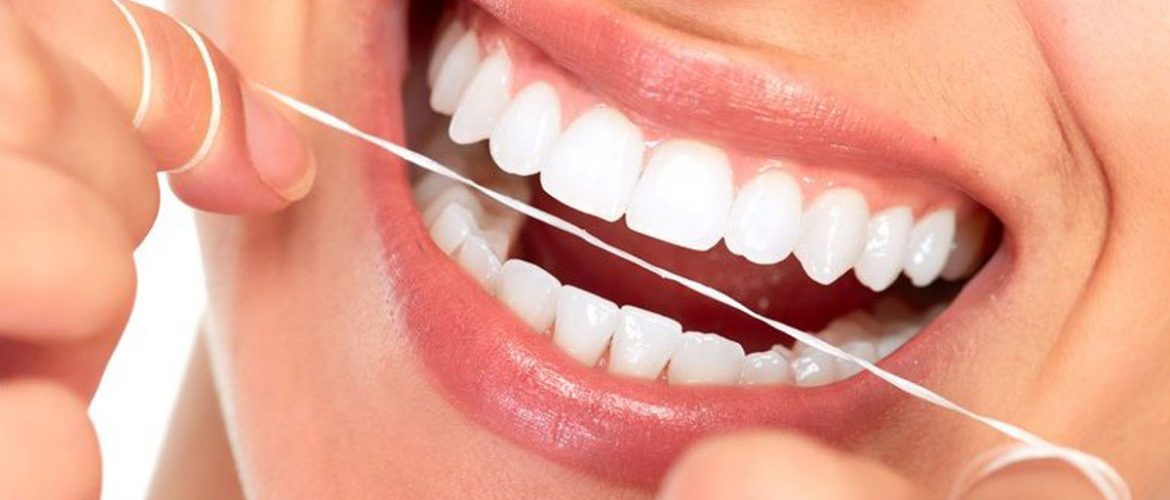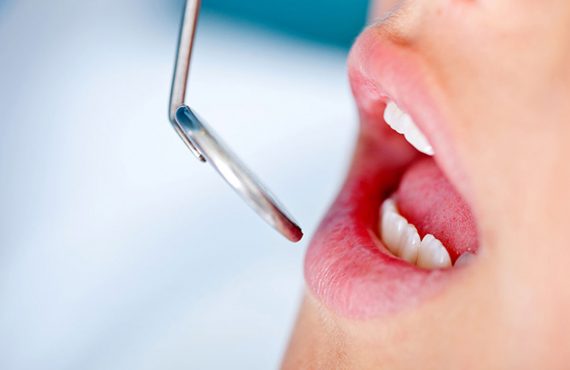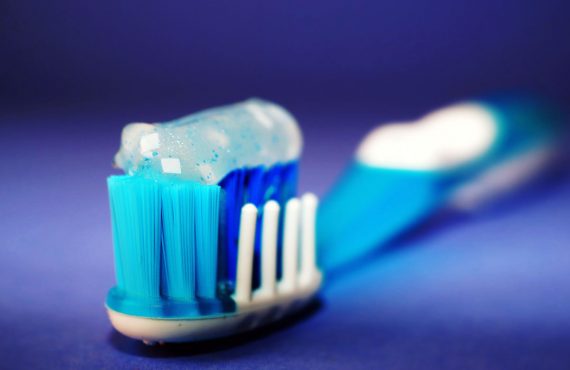Following these tips can help you fight bad breath as well as keep your mouth healthy on a daily basis.
- Brush your teeth properly.
Brushing your teeth properly is one of the best things you can do in your fight against bad breath. Brush at least twice a day, for at least two minutes and make sure to cover all the areas in your mouth. Especially focus on where the teeth meet the gums.- Use a soft bristled brush and replace it every three to four months.
- Brush either right before you eat or one hour afterwards (otherwise you might damage or erode the enamel of your teeth).
- Make sure to brush your tongue, because your tongue gets a lot of build-up of bacteria which can cause bad breath. Brush from the back to the front of your tongue and be certain to get the sides, as well. You shouldn’t do more than four brushes on your tongue and make sure that you don’t go too far back.
- Floss your teeth.
Flossing is another important component to good mouth health. Flossing removes the plaque and bacteria build-up from between your teeth, which even the best toothbrushes can’t get rid of. Do this at least once a day.- Flossing also rids the mouth of food particles and debris. If these are left between your teeth, they’ll rot, which smells bad.
- When you’re flossing you want to focus on where the tooth meets the gum, so make sure that you rub one way against the tooth and then against the next tooth.
- Try using baking soda.
Brushing your teeth with baking soda once a week will help neutralize the bacteria that cause bad breath. Using your regular toothbrush, simply sprinkle a pinch of baking soda on the bristles, then brush as usual.- Baking soda can also be used as a mouthwash. Dissolve a half-teaspoon of baking soda into a small glass of water. Fill your mouth with the liquid, without swallowing, and swish it around your gums and teeth.
- Baking soda neutralizes the acids that build up on the backs of your teeth, and beneath your tongue.
- Get regular dental check-ups.
Going to the dentist is important to maintaining your oral health, a primary factor in bad breath. A dentist, or dental hygienist, will perform a thorough cleaning of your teeth, gums, and mouth.- Your dentist will notice if your bad breath is caused by something more serious than simply food or drink, or not having brushed properly.
- If you have a lot of bad breath issues and you’re following a strict healthy mouth regime (with brushing and eating properly), then you should definitely make an appointment to see your dentist.
- Use sugar-free gum or mints.
Like water, sugar-free gum or mints can help speed up the production of saliva in your mouth and help flush out the bad bacteria. They can also cover up bad breath for a short period of time.- Use sugar-free gum and mints. Sugars can help feed the bad bacteria, which will make your bad breath worse once the gum or mint is gone.
- Sugar-free gum is preferred over mints, and you can experience the benefits of chewing gum after only five minutes.
- Gums containing Xylitol, a sugar-free sweetener made from birch bark, can be especially useful for preventing bad breath. It helps reduce tooth decay and may help reverse the loss of tooth enamel by replacing minerals to the tooth.
- Try mouthwash.
Mouthwash is another way to deal with the immediate effects of bad breath. This will only provide you with a temporary mask for the bad breath, but that can be enough to avoid offending other people.- However, an antiseptic mouthwash will kill the bad bacteria, so it will help do more than just mask the bad odor. Look for mouthwashes with hlorhexidine, cetylpyridinium chloride, chlorine dioxide, zinc chloride and triclosan, as these kill bacteria.
- Avoid using a chlorhexidine-containing mouthwash long-term as this can stain your teeth (although this is reversible).
- Try not to use mouthwashes containing alcohol. Alcoholic-based mouthwashes may be a factor in developing certain mouth cancers.
- Make sure you rinse and deep-gargle with mouthwash.



